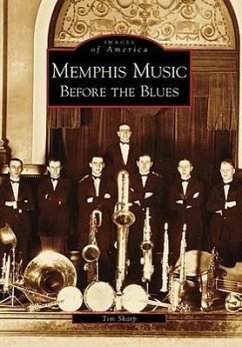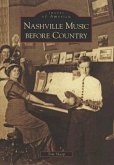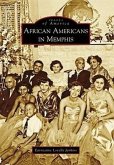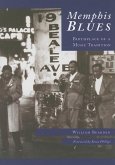Memphis means music. That relationship was solidified in 1909 when W. C. Handy wrote the song "Mr. Crump" and later published it as the "Memphis Blues." As Handy's songs were sung and played in streets and music halls, a spotlight began to shine on a new mecca for innovation in music--Memphis, Tennessee. Memphis Music: Before the Blues surveys the people, music, and events that contributed to the rich musical life that emerged against the backdrop of the Civil War and yellow fever in the 19th century. The story is not just one of the building blocks to what has been called America's greatest export--popular music--but rather it is a story of ongoing innovation and creativity that came from a convergence of people of different cultures.
Hinweis: Dieser Artikel kann nur an eine deutsche Lieferadresse ausgeliefert werden.
Hinweis: Dieser Artikel kann nur an eine deutsche Lieferadresse ausgeliefert werden.







